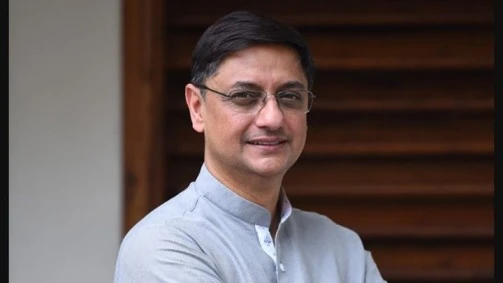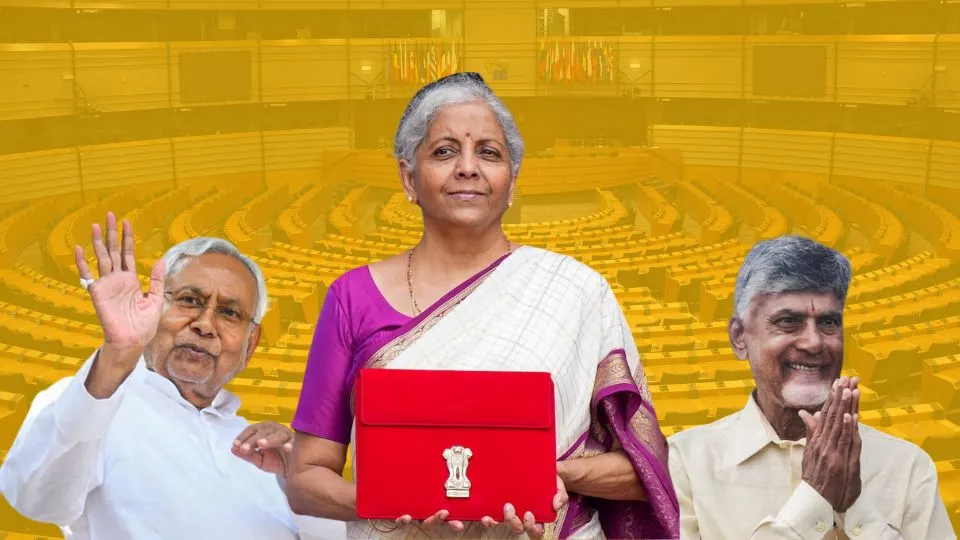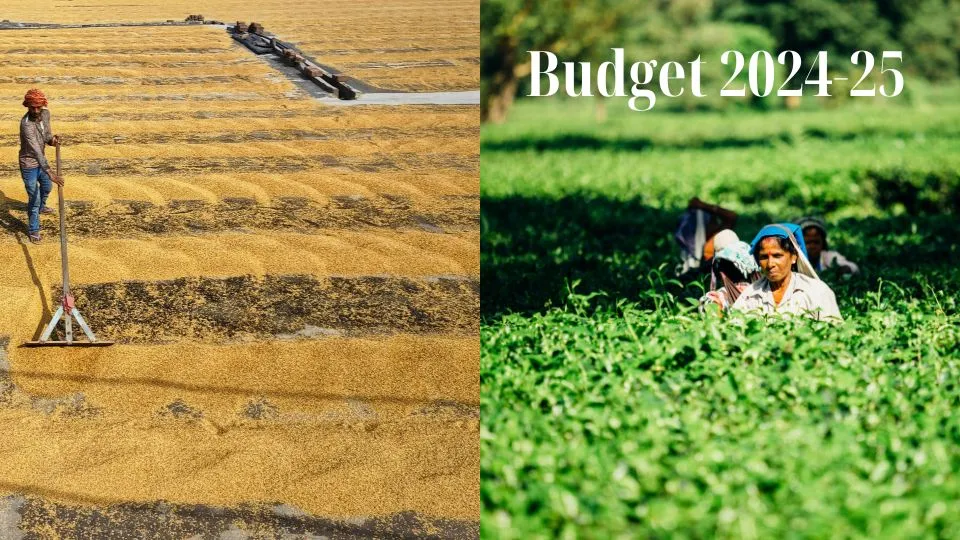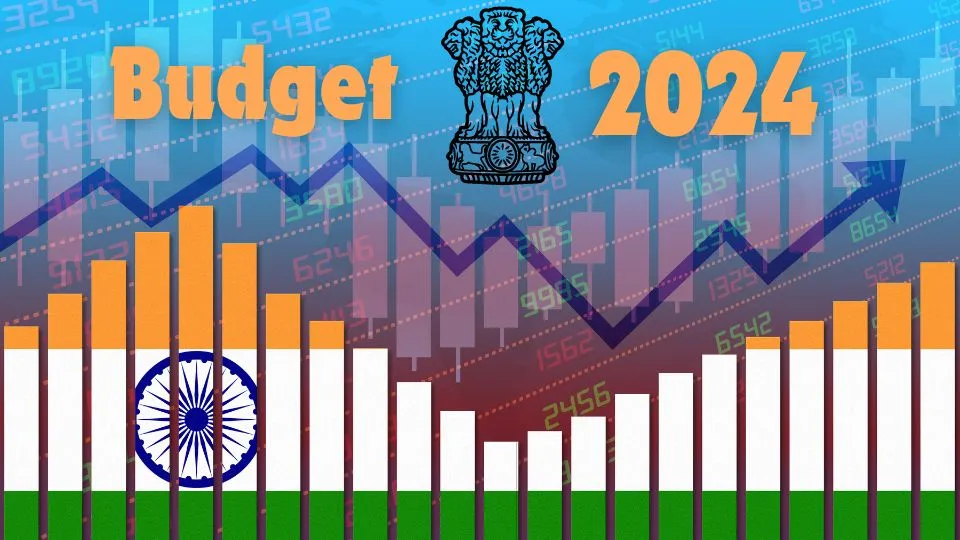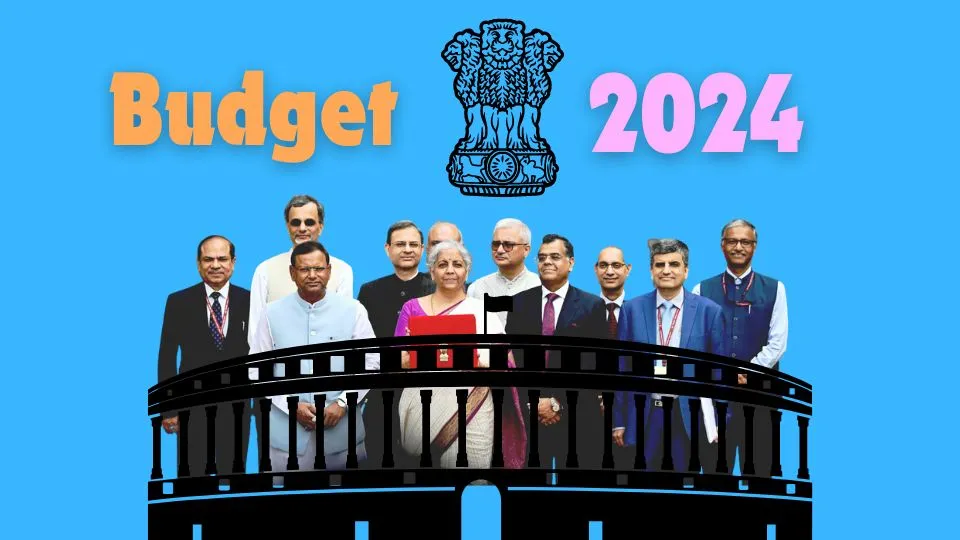The Economic Advisory Council to the Prime Minister (EAC-PM) – Sanjeev Sanyal in an event estimated that by early 2025-26 Indian economy would be a $ 4 trillion economy. This would ultimately surpass Japan and Germany. This prediction is supported by Finance Minister Nirmala Sitharam’s past announcement of India becoming the third-largest economy globally by 2027.
Also Read | YouTube Shorts vs. TikTok: Battle of Short-Form Video Platforms Intensifies in US
Current global situation
The current global standing for the top 5 economies is the US, China, Germany, Japan and India. India stands at $3.7 trillion in nominal terms, with the Japanese economy being $4.1 trillion and Germany’s economy at $4.6 trillion. Sanyal also added that the German economy is not expanding. Hence, India would possibly be in the third position globally.
Domestic target
Moreover, Sanyal commented that the Indian government must not aim for an extremely high growth rate of 8-9% at the cost of fiscal dynamism.
A growth rate of 7% when compounded annually is sufficient for the economy’s target. This would also ensure the generation of jobs and revenue for the government. For 2025-25, the growth has been estimated to be 6.8% for S&P Global Ratings and Morgan Stanley while the Asian Development Bank (ADB) fixed the same at 7%.
Also Read | India’s GST Collections Surge to Record INR 2 Lac Cr in April 2024
Internationalisation of rupee
The government through its activities related to the inflation rate targeting mechanism has ensured that the rupee becomes a hard currency at least for Indian things. Hard currency refers to a currency that other governments would store their reserves in, making the same a part of the IMF SDR basket. Sanyal mentioned during his speech that, however, India does not aspire to become the anchor currency for the world. Hence, it would become a hard currency only after close to a decade.
About Author
Manasi Gawali is an Economics graduate from St. Xavier’s College, Mumbai. She is passionate about economics and finance. She enjoys research, writing poems, music, and travel.
